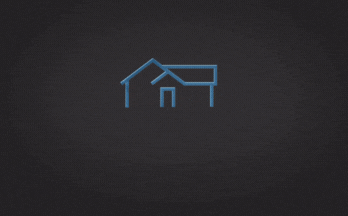
Developing an Un-Budget
Having a written financial plan is essential if you want to avoid excess debt. Many will call this a budget, but because the term implies deprivation, we'll call it an un-budget.
Steps to Developing an Un-Budget
You may want to modify these according to your own circumstances:
- Calculate your total monthly after-tax income.
- Establish a reasonable monthly amount that you'd like to save for the future.
- Tally up all your fixed expenses. This includes mortgage, hydro, car payments, transportation, home maintenance, etc.
- Estimate regular weekly expenses, such as groceries. Multiply by 4.3 to convert to a monthly figure.
- Add annual requirements such as clothes, equipment, etc., and divide by 12 to get a monthly amount.
- Allocate money for vacations, holidays, kids' summer camp, or other seasonal requirements, and divide by 12 so you can save for them.
- Add in health club memberships, concert subscriptions, and other regular expenses.
- Come up with a reasonable number for discretionary spending.
Finally, add up all your monthly expenses. If the total exceeds your monthly income, go back to the drawing board and make cuts. You may have to get a bit ruthless!
Once your written plan is in place, the real work begins. You need to live by it, and you need to maintain it. Every month, sit down and compare actual with projected expenses. If an estimate is unrealistic, adjust it. The point is that by working with a plan, you can reach an understanding of what your priorities are, and adjust your plan to best meet your life goals.
Use our calculator to determine how you can pay off your debts faster.
Web site content is for informational or illustrative purposes only and is not be considered or used as a substitute for professional financial advice from an accountant, lawyer or certified financial planner. Click here to view our full legal disclaimer.




 Consider all the numbers. Sometimes the lowest loan payment is not always the best way to achieve your goals. You should pay as much as you can comfortable afford to lower your overall cost of interest.
Consider all the numbers. Sometimes the lowest loan payment is not always the best way to achieve your goals. You should pay as much as you can comfortable afford to lower your overall cost of interest.


